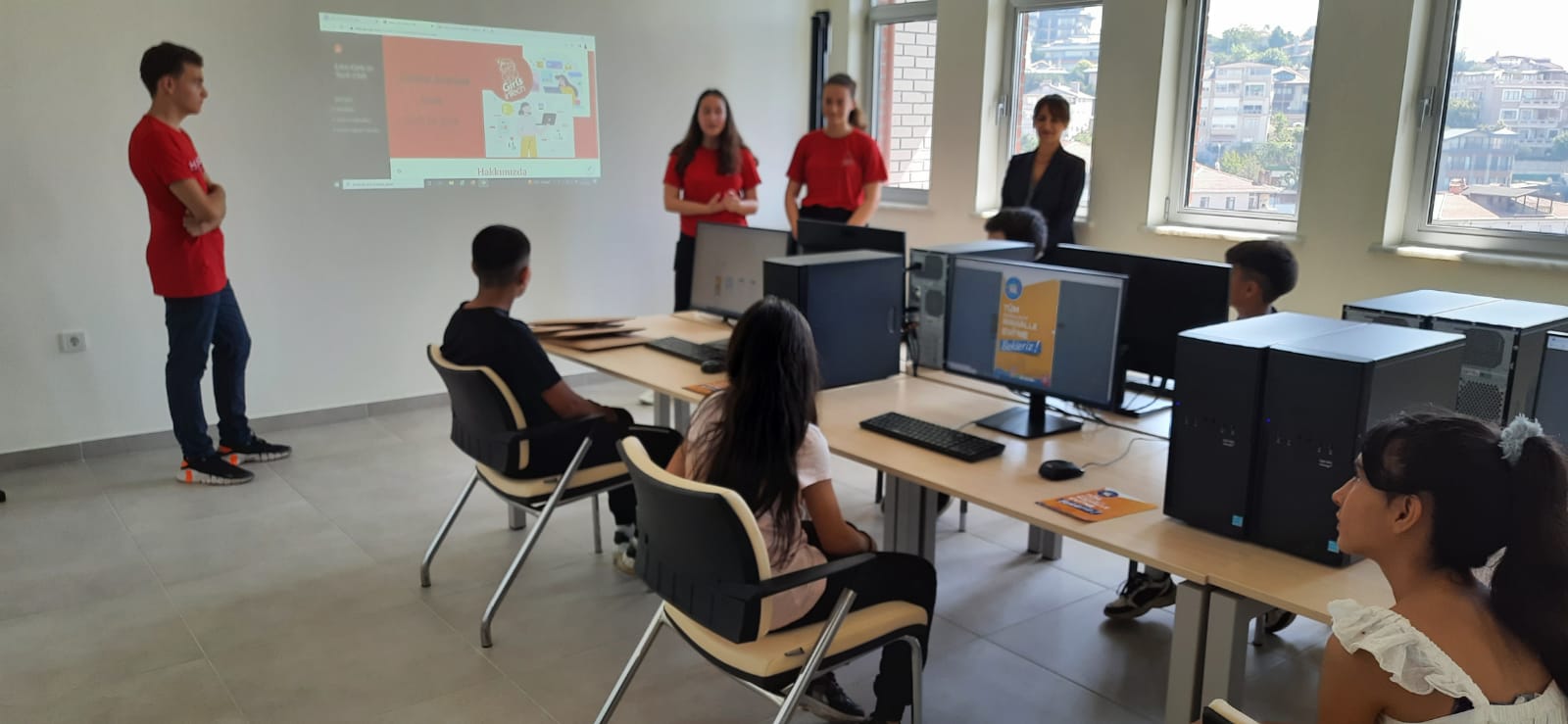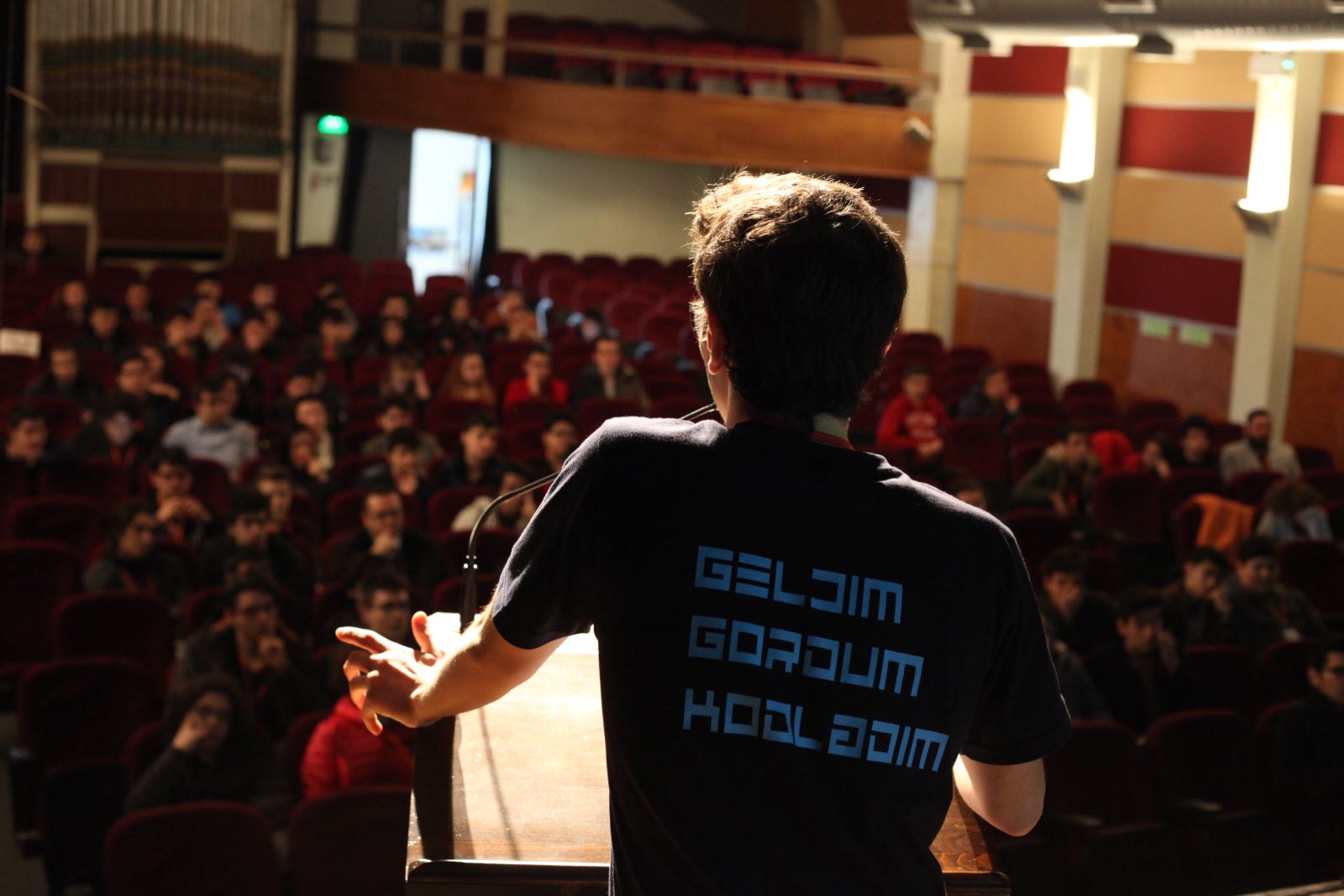Educational Vision 
At Üsküdar American Academy, our Computer Science curriculum fosters curiosity, problem-solving, and analytical thinking, preparing students for a world increasingly shaped by technology. Our courses emphasize hands-on learning, algorithmic thinking, and computational problem-solving, ensuring students develop a deep understanding of core computing principles.
In the foundational years, students explore programming, digital design, and computational thinking, establishing a strong base in problem-solving methodologies. As they progress, they engage in advanced topics that allow them to understand the broader impact of technology on society and industry. Through these diverse offerings, students gain not only technical proficiency but also a deeper appreciation of the ethical and social responsibilities of computing.
Key Areas
Our small, discussion-based classes promote collaborative learning through project-based activities, coding challenges, and design-thinking exercises. Students are encouraged to develop their own applications, explore creative solutions, and engage in real-world computing problems.
Students acquire critical technical skills through hands-on experiences and experimentation. Beyond technical expertise, we emphasize digital literacy, ethical computing, and responsible innovation to prepare students for the challenges of the digital age. Through our dynamic approach, students build confidence in their ability to solve complex problems, think critically, and adapt to new technologies as they emerge.
 Student Journey
Student Journey
Throughout their journey, students cultivate essential soft skills such as teamwork, project management, and effective communication. They engage in collaborative projects, research opportunities, and interdisciplinary initiatives that integrate computer science with other fields. By working on real-world challenges, they develop a strong foundation in time management, independent learning, and analytical thinking.
Presentation and research skills are integral to our program, ensuring students can effectively communicate their ideas and findings. They learn to analyze and critique technological developments, articulate their insights clearly, and collaborate effectively in both academic and professional settings. By the time they graduate, students are well-equipped to apply their knowledge in university programs, research projects, and professional environments, ensuring they are prepared for the future of technology-driven careers.